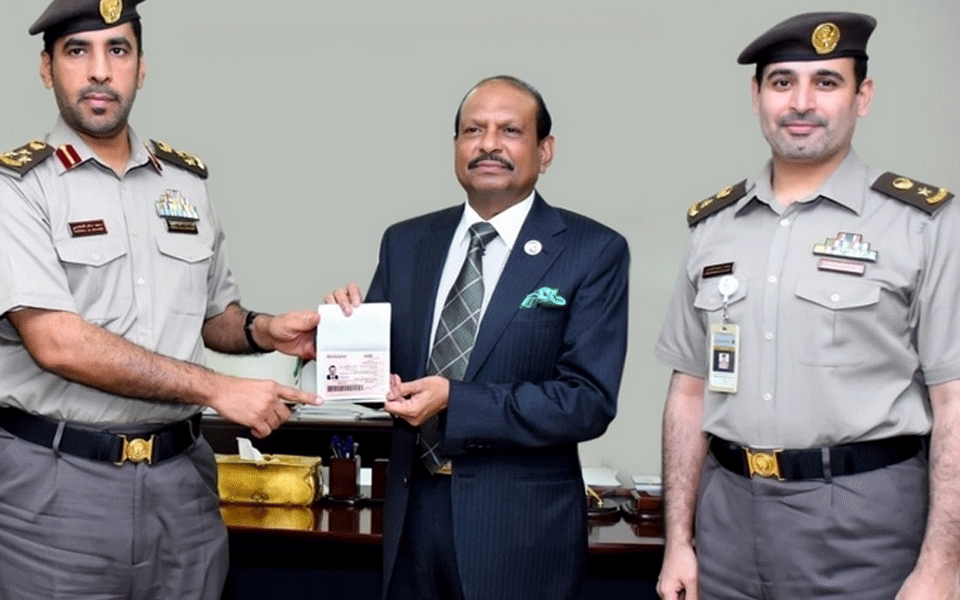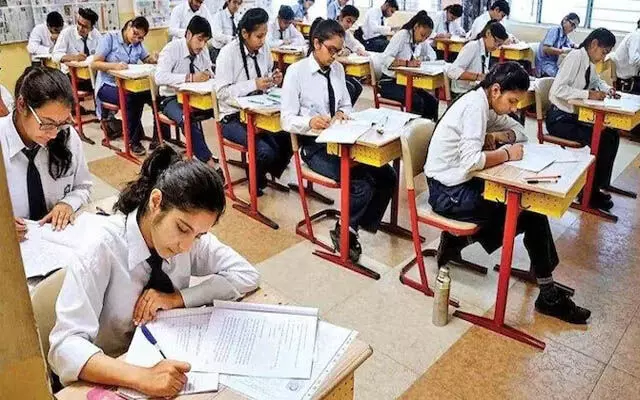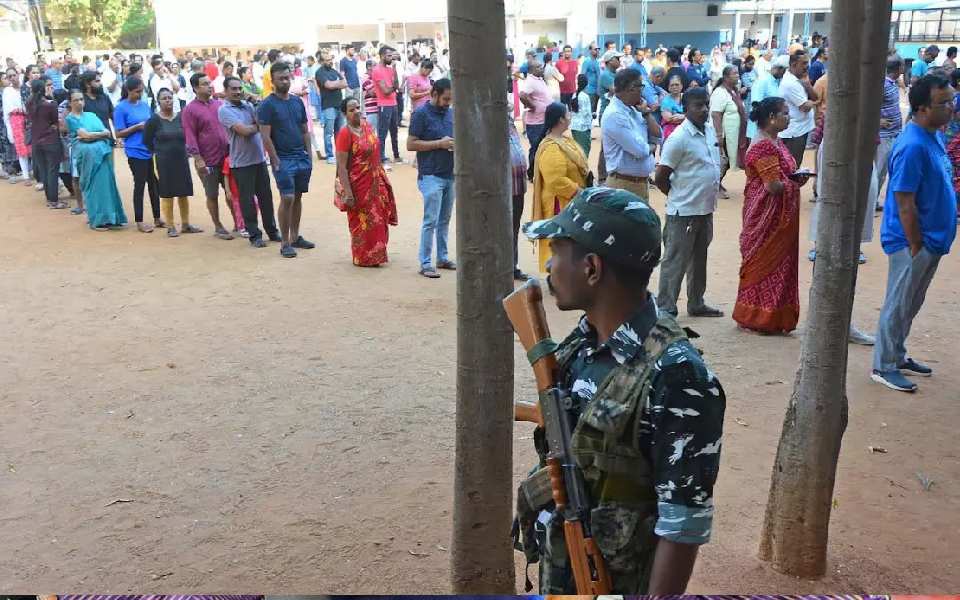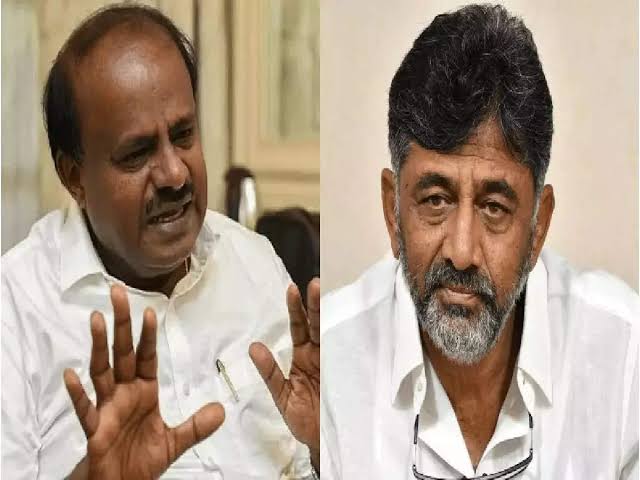Dubai: Abu Dhabi-based Indian retail tycoon M A Yusuff Ali has become the first expat to get the UAE's first gold card permanent residency.
Unlike the long-term visa of 5-10 years for businessmen and talented individuals, the gold card gives permanent residency of the UAE to the holder.
The LuLu Group chairman, who was ranked the richest expat in UAE by the Forbes magazine, becomes the first of 6,800 investors with total investment exceeding USD 27 billion to receive the gold card under a scheme announced last month by Sheikh Mohammed bin Rashid Al Maktoum, the ruler of Dubai, the Khaleej Times reported.
The new initiative -- which aims at generating foreign investment and attracting top engineers, scientists and star students -- has identified 6,800 qualified expats from over 70 countries in the first phase.
Commenting on the honour, the Keralite billionaire said, "(It is) A very proud and emotional moment in my life...I am sure this new Gold Card permanent residency scheme aimed at key investors, who have played a defining role in the nation building process, will further boost UAE's image as one of key investment and business global hubs as well as attract and retain new investors here.
Let the Truth be known. If you read VB and like VB, please be a VB Supporter and Help us deliver the Truth to one and all.
New Delhi, Apr 26: The Ministry of Education has asked the CBSE to work out logistics for conducting board exams twice a year from the 2025-26 academic session, according to sources.
The plan for introducing a semester system has been ruled out, they said.
The ministry and the Central Board of Secondary Education (CBSE) will hold consultations with school principals next month for conducting board exams twice a year, the sources said.
The CBSE is currently in the process of working out the modalities of how will the academic calendar be structured to accommodate another set of board exams without impacting the undergraduate admission schedule, they said.
"The ministry has asked the CBSE to work on the logistics of how will board exams be conducted twice a year. The board is working out the modalities and a consultation will be organised next month with school principals," a source said.
"The idea being explored is to conduct two editions of the board exams at the end of the year from the 2025-26 academic session but the modalities still need to be worked out. However, there is no plan to implement the semester system," the source added.
The ministry's initial plan was to introduce biannual board exams from the 2024-25 academic session, however, it has been pushed back by a year.
The new national curriculum framework (NCF), prepared by the Union government-appointed national steering company which was led by former ISRO chairman K Kasturirangan in line with the National Education Policy (NEP) 2020, proposed a semester system for students of classes 11 and 12.
The framework, which was released by the ministry in August last year, also proposed that the students be given the option to write their board exams twice a year.
"The CBSE right now is brainstorming on the schedule so students can get maximum benefit and the goal of making board exams stress-free can be achieved. However, logistics is a challenge which needs to be addressed, conducting exams is tiresome so the plan has to be flawless," the source said.
Union Education Minister Dharmendra Pradhan had last October told PTI in an interview that appearing for board exams twice a year won't be mandatory for students.
"The students will have the option of appearing for the (class 10 and 12 board) exams twice a year just like the engineering entrance exam JEE. They can choose the best score… but it will be completely optional, no compulsion," he had said.
However, this is not the first attempt at reforming board exams. The Continuous and Comprehensive Evaluation (CCE) was introduced for Class 10 in 2009 but was revoked in 2017 and the board reverted to the old model of year-end exams.
The board exams for classes 10 and 12 were also split into two terms during the Covid pandemic as a one-time measure, but the old format of year-end exams resumed this year.





